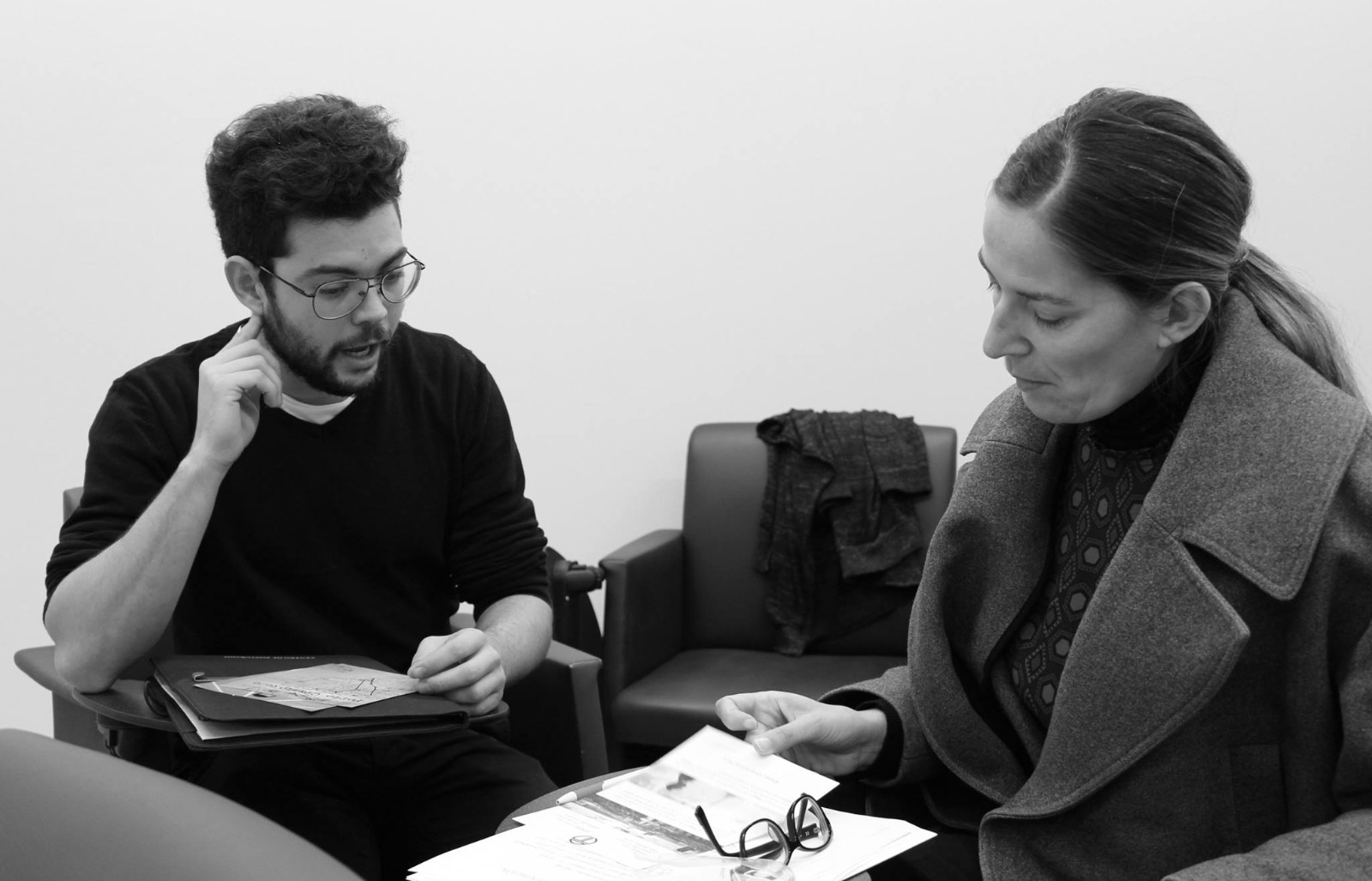Andreu Fullana, creator and executive producer, in a one-to-one meeting with Emma Lustres, executive producer of Vaca Films.
The progressive arrival of Video on Demand (VoD) platforms such as Netflix, HBO, Prime Video, Disney+, AppleTV or Movistar+ in the Spanish and European market has made local products travel faster and faster than what we were used to.
The traditional system of television fiction production followed a very clear pattern: the television station paid for the entire production and after broadcasting it on its schedule, it was put away in a drawer. With a bit of luck, it would get some canned sales for broadcasting in another territory or for adaptation to another audiovisual market. If this happened at the national level, one has to think that at the regional level it was much more difficult for the production of television fiction to travel due to the great difference between national and regional budgets.
But for some years now, and coinciding with the arrival of the platforms, there has been a proliferation of meetings between professionals from the sector at different industry events, which are organised around film festivals. These industrial zones are dedicated to facilitating meetings between creators, production companies, broadcasters and platforms in order to reach agreements and develop projects together.
In the last weeks of June, an industry meeting took place in Valencia; in the first fortnight of June, the MAFIZ (Malaga Festival Industry Zone) took place in Malaga; in Galicia, the Connecta Fiction was born and is currently taking place in Pamplona; And also in Galicia, for the past 14 years, theI+P l, Ideas to Produce has been held with the aim of bringing together producers, scriptwriters and directors who have a film or television project, and who are looking for business alliances for co-production, sale or distribution, with directors of television channels and platforms, executive producers, distributors and international sales managers.
Although industry meetings serve to facilitate the development and production of audiovisual projects, it should be borne in mind that these agreements can take years to go ahead. The important thing is to be present, to make yourself known and to know when the time is right for each project. For example, Movistar+’s Hierro series, Portocabo, Arte and Atlantique, won first prize at the Berlinale Co-Pro Pitch in 2015 and did not see the light of day in 2020 with Movistar+, after being cancelled by AtresMedia. In the 2015 competition, the Spanish project was competing alongside other international projects such as Babylon Berlin, the most expensive European fiction production to date, and it was possible to carry it out thanks to co-production.
On a more local scale, it is not surprising that ‘O sabor das margaridas’ has been the success story of a co-production of the Galician regional television station TVG, a television station that has already worked with the Portuguese public television station RTP with series such as Agua Seca or Vidago Palace (both produced by Portocabo, the same creative team as those behind the Iron series), the production company CTV and the Mexican-based global distribution company Comarex.
If on the one hand, Galicia has experienced a boom in Galician noir, it is worth repeating that there have been 14 editions of ‘I+P, ideas to produce’, that Connecta Fiction was born in Galicia and that since 1999 it has been committed to the training of executive producers in the MPXA studios, introducing many well-known executive producers in the national and international audiovisual sector such as Teresa Fernández Valdés (Bambú), Borja Tena and Emma Lustres (Vaca Films) and Fernanda del Nido (Setembro Cine) to the audiovisual sector.
